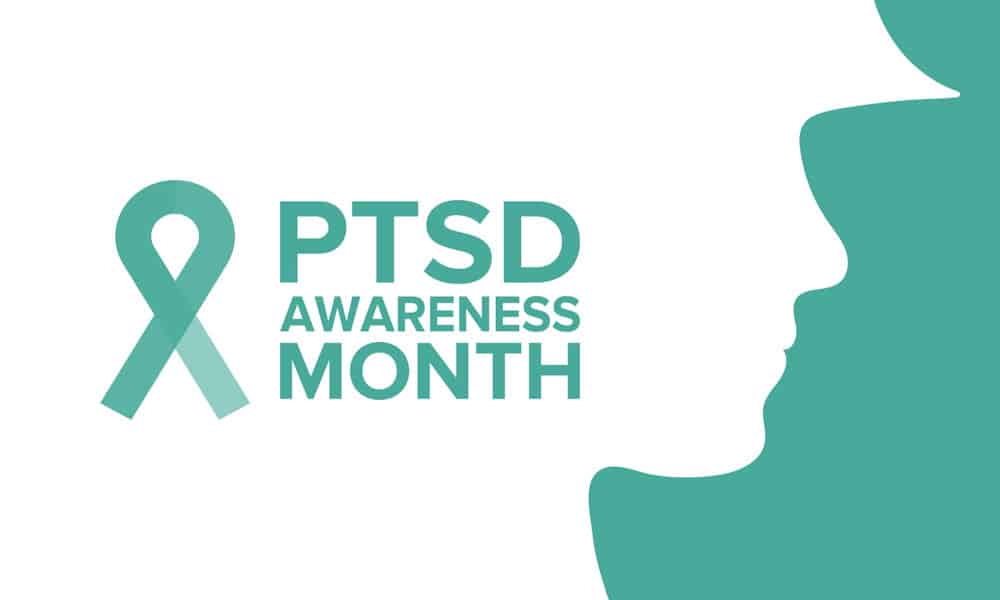Panic Attacks During Sobriety Panic attacks can strike unexpectedly during your sobriety journey, bringing intense waves of fear and physical symptoms that feel overwhelming. These sudden episodes of extreme anxiety affect many individuals who've...


Panic Attacks During Sobriety Panic attacks can strike unexpectedly during your sobriety journey, bringing intense waves of fear and physical symptoms that feel overwhelming. These sudden episodes of extreme anxiety affect many individuals who've...

Navigating the Emotional Numbness in Early Recovery Imagine this: you've made it through the first week without substances. The physical withdrawal symptoms are starting to fade, but now you're hit with something unexpected—a profound sense of...

Understanding Trauma and PTSD Therapy for Trauma is essential in addressing the complex nature of traumatic experiences. Trauma refers to an emotional response to a deeply distressing or disturbing event. Events such as natural disasters,...

Should I Have a Therapist If I Take Depressions Medications? Selective Serotonin Reuptake Inhibitors (SSRIs) are a class of antidepressants commonly prescribed to treat depression. SSRIs work by increasing the levels of serotonin in the brain,...

In the fast-paced world of biotechnology, stress is often an unavoidable part of the job. From the pressure to innovate to the demands of meeting tight deadlines, employees in this sector are no strangers to stress. While stress is a natural...

With the increasing rates of trauma and post-traumatic stress disorder today, it is important for all Americans to be aware of their impact. Research shows that at some point in life, about 6% of all adults in the United States will have PTSD....

As we welcome the arrival of June, we also recognize the significance of PTSD Awareness Month. A crucial initiative aimed at raising public awareness about post-traumatic stress disorder (PTSD). It's a time to break down misconceptions, remove...

When most people think about someone suffering from a mental health disorder they picture what they typically see in anti-depressant ads. Someone who is clearly upset, sad, crying, and having difficulty getting out of bed. A person who is...

According to the National Institute on Mental Health (NIMH), approximately 21 million adults experienced at least one major depressive episode in 2020. That equates to about 8.4% of adults in the United States. An estimated 4.1 million (17%) of the...